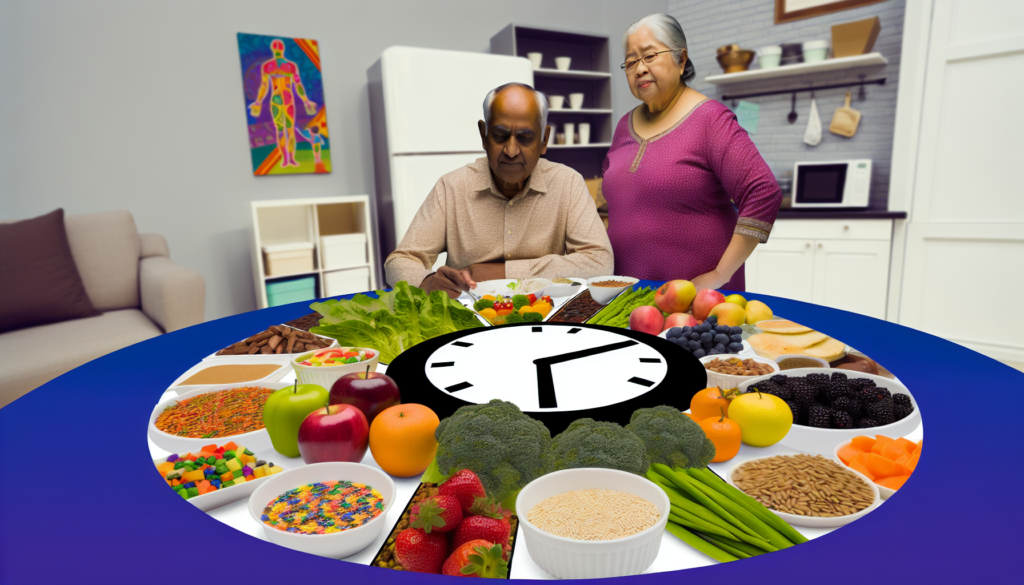The Essentials of a Balanced Diet for Home Health Patients
Understandably, managing chronic conditions and coping with health-related challenges can overwhelm individuals, shifting the focus away from the power of a nutritious diet. Whether you’re under home health care or a caregiver looking after a patient, a balanced diet’s role in maintaining health and fostering recovery shouldn’t be underestimated.
As Hippocrates, the renowned Greek physician, once said, “Let food be thy medicine, and medicine be thy food.” And he couldn’t have been more correct. This blog post will delve into the essentials of a balanced diet for home health patients while discussing its importance in the overall wellness journey.
1. Understanding the Basics of a Balanced Diet
A balanced diet includes a variety of foods from all the major food groups in the right proportions. It’s global health organizations’ go-to recommendation as it provides all the essential nutrients our bodies need to function optimally. The five major food groups include:
- Fruits and Vegetables
- Proteins
- Dairy Products
- Grains or Starches
- Fats and Sugars
2. Why Nutrition Matters for Home Health Patients
For home health patients, a balanced diet can have multiple benefits. It can support immune function, promote wound healing, assist in maintaining a healthy weight, and provide the energy necessary for treatments and recovery. In certain chronic conditions like diabetes or heart disease, a well-planned diet can make a huge difference in managing the symptoms and improving quality of life.
3. Crafting the Right Diet Plan
Creating a diet plan isn’t a one-size-fits-all scenario. Each individual has unique nutritional needs, depending on their age, sex, body weight, underlying medical conditions, and medication use. Working with a nutritionist or healthcare provider can help tailor a diet plan that aligns with the individual’s preferences and health goals.
4. Dietary Tips for Home Health Patients
Below are some general tips that can aid in maintaining a healthful diet:
- Maintain Hydration: Water plays a crucial role in nearly all body functions, including digestion, temperature regulation, and nutrient transportation.
- Include Protein-Rich Foods: Proteins are the building blocks of our body and can promote wound healing and recovery.
- Add Fiber into your Diet: Fiber aids digestion and helps maintain heart health.
- Consume Omega-3 Fatty Acids: Found in fatty fish, flaxseeds, and walnuts, Omega-3s support heart health and brain function.
5. The Role of a Caregiver
For caregivers, ensuring your loved one follows a balanced diet can be a fundamental part of home health care. From meal prepping to creating a positive eating environment, your role can directly influence the patient’s nutritional status.
In conclusion, one cannot overlook nutrition when it comes to managing health at home. A balanced diet, coupled with the right support, can significantly enhance a home health patient’s life quality and boost their recovery process.
References
—-
Please consult your healthcare provider before making any changes to your diet or lifestyle. The information provided here is intended for educational purposes only and should not be construed as medical advice.



